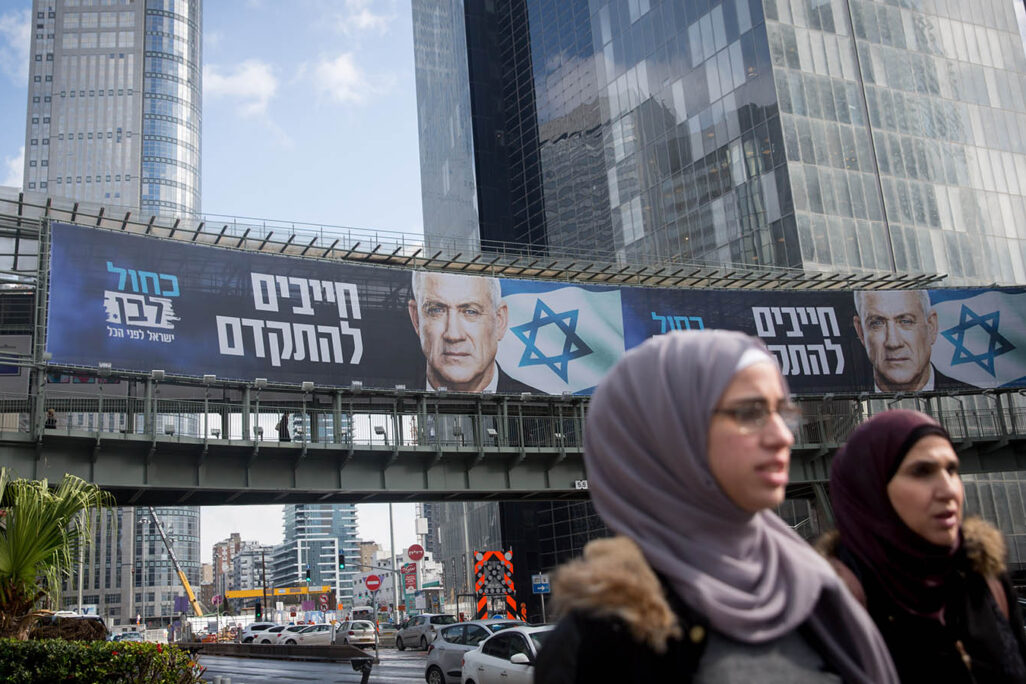
"In the April 2019 elections, I voted Blue and White, since I believed that there was a new alternative," says Majad Zabidat, 25, from Sakhnin. "But after that, Gantz lost it, focused on Netanyahu, and got carried away reacting to him. Netanyahu's campaign succeeded because he knew Gantz's weak point: the Arabs. He has lost his way, he doesn't have the courage to call us partners like all other citizens are." Hanin Majadele, 29, from Tel Aviv, is assured: "The increase in the number of Knesset seats since the cut-off threshold rose, certainly in the last election, is a reaction against the campaign conducted by Bibi and the Likud."
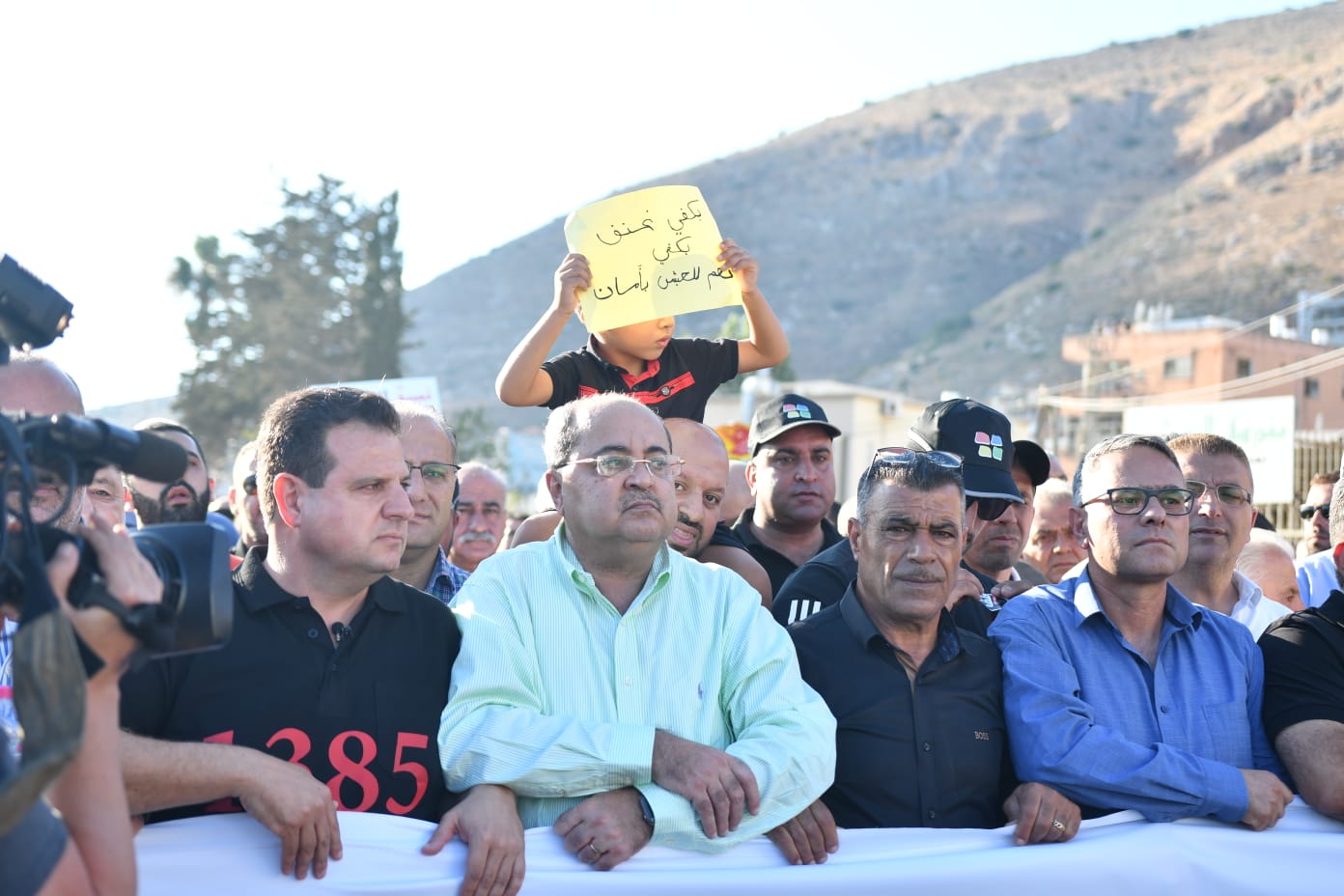
In the 2020 elections for the Israeli Knesset, a third attempt to elect a government following two deadlocked election cycles in 2019, 581,507 Israeli citizens voted for the Joint Arab List, earning the party 15 seats, more than any Arab party has ever won before. Arabs make up 21 percent of the population of Israel, and the unprecedented result for the Joint List represents high voter turnout, and suggests consensus among Arab communities to cast their vote for the Joint List.
For many members of Arab communities, however, the choice is not so simple, for when the Joint List is excluded from the government’s ruling coalition, they feel themselves disqualified from participating in civil society. For this reason, some prefer voting for the mainstream Jewish parties more likely to form a coalition, so as to have some sway over those in power. Others still oppose the views of the Joint List for pragmatic reasons, or on account of ideological disagreements. In any case, the range of perspectives and dilemmas of Arab communities with respect to the Israeli political system is far from simple. The Joint List, while officially the third largest party in the Israeli parliament, is a broad and diverse alliance, consisting of four internal factions, each with its own internal complexities in terms of policy, strategy and ideology.
"The Joint Arab List is the only party I have, and I felt proud when I realized that it had won 15 Knesset seats in the last election," says Nizha Kadari, 31, from Kfar Nahaf. "In the end, I am an Arab and a minority in the country. I have experienced a lot of racism, and yet I am still in favor of living together. But I want to feel that I am an equal citizen, and to belong in this country in every way, even though I am different."
השקעה תמיד משתלמת…! המשימה הבאה שלנו היא 61…נעשה ונצליח…????????❤️
Posted by סאמר ברהם on Tuesday, March 3, 2020
"I was a partner in establishing an organization that works to recruit Arab populations to the IDF, and when I was a soldier myself, the Joint List called me a murderer," says Samar Braham, 22, from Ma'alot Tarshiha, a mixed city in Israel’s north. "They use the votes of Arab citizens for their own interests. As an Arab, I worry about people like that, who say that the shahid [martyr], is the glory of the homeland, when Tibi [leader of the Ta’al party, part of the Joint List] says that Hamas is not a terrorist organization, or when Odeh [leader of the Hadash party, and head of the Joint List] supports Hezbollah. The Joint List can by no means be part of the government. It opposes the values of the State of Israel at its core. How can these people be trusted?"
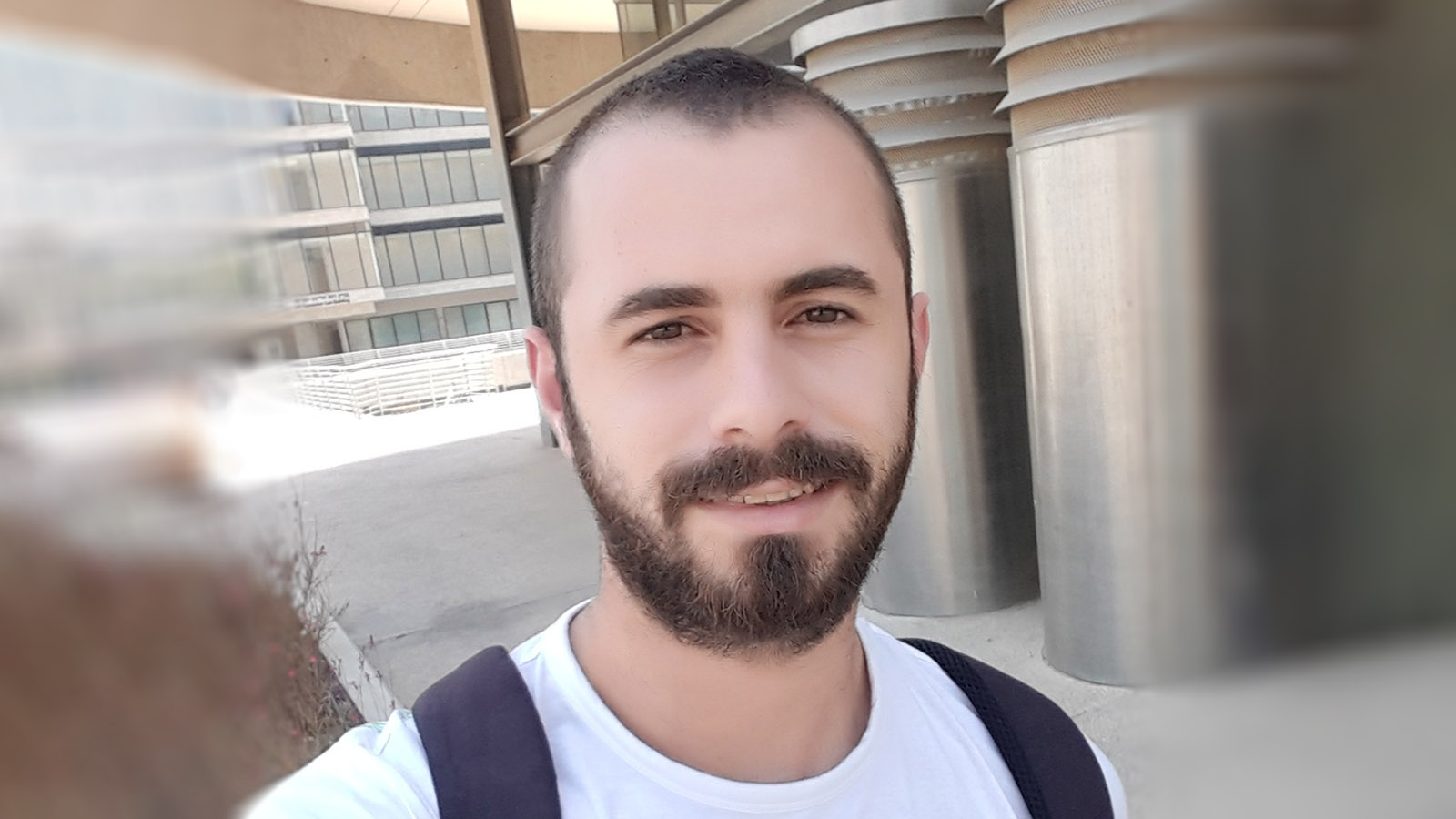
Braham, Majadele, Kadari and Zabidat don't agree on everything, certainly not on politics, but one thing is clear. Even those who support the politicians of the Joint List would like to see more young Israeli Arabs, like them, in positions of political influence.
"I hope that in another 10 years, the political map will change," says Braham, who was was active in the Likud campaign in the Arab sector in the most recent elections, and hopes to serve as an MK in the future. "There won't be Ra'am, Ta'al and Balad, there will be new lists that will truly work for the Arab sector. I believe and hope that the Likud will ensure that there's an Arab MK on the list."
Majadele, who deals with public relations and spokesmanship for the hi-tech sector, is a relative of the first Arab Minister in the Israeli government, Raleb Majadele, who was the Minister of Science, Culture and Sports as a member of the Labor Party. "My uncle promoted Arab society and sports, but in reality, Bibi threw huge amounts of funding into Arab society – more than my uncle did," Majadele said. "I don't think anything has changed from within the Labor Party in the last decade. I am not against an Arab MK joining a Zionist party, they are free to do so, but I do not think it will have any effect.”
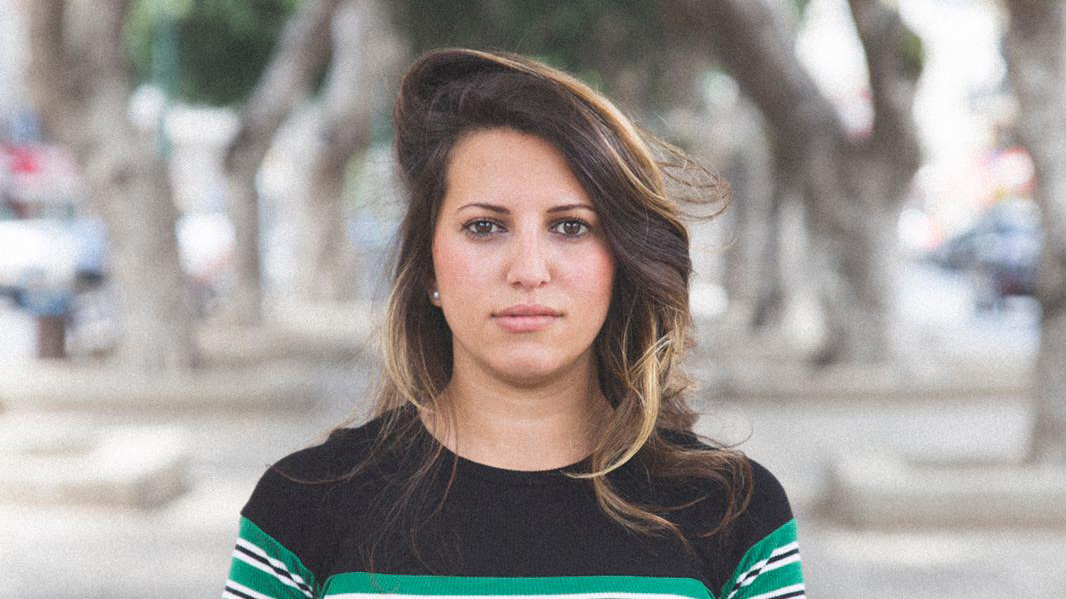
"The last campaign forced the Joint List to come out with clear requirements, which didn't exist before – at that time there was a struggle over Knesset seats. They started thinking about clear plans, and having a place of influence within the Knesset," says Zabidat, who owns a business consulting firm and operates a shoe store chain in Acre and Nahariya, all while studying for an MBA. "There have been attempts by other Arab parties to run for the Knesset, but it never worked because they didn't have a plan. I’m for new people to join the Joint List – we need leaders from within society."
"I'm meant to be entitled to basic things as a citizen, like security or roads, just like everyone is," Majadele says. "When was the last time Tel-Avivians or any other community was told, 'If you vote for Likud, we will fight crime and pave roads'? With Arab populations, this kind of thing is apparently acceptable. But they actually think that we will be satisfied by that kind of offer in a coalition. To ask us to be in a coalition with Bibi is a non-starter. It is impossible."
"The Likud's opposition to the Joint List is not racism, it's just ideology, it's points of view. If they didn't support terrorism, they would have been in the coalition long ago," Braham assures. "But they chose not to recognize the State of Israel as Jewish and democratic, and even if Heba Yazbak apologizes [for once openly supporting armed struggle against Israel], it won't help. It's not just Balad, it's the whole Joint List, no party there is legitimate. What did the Joint List do? Give me one bill," Braham said angrily. "Who opposed police stations in the Arab sector? The Joint List. What have they done besides demonstrations against crime?"
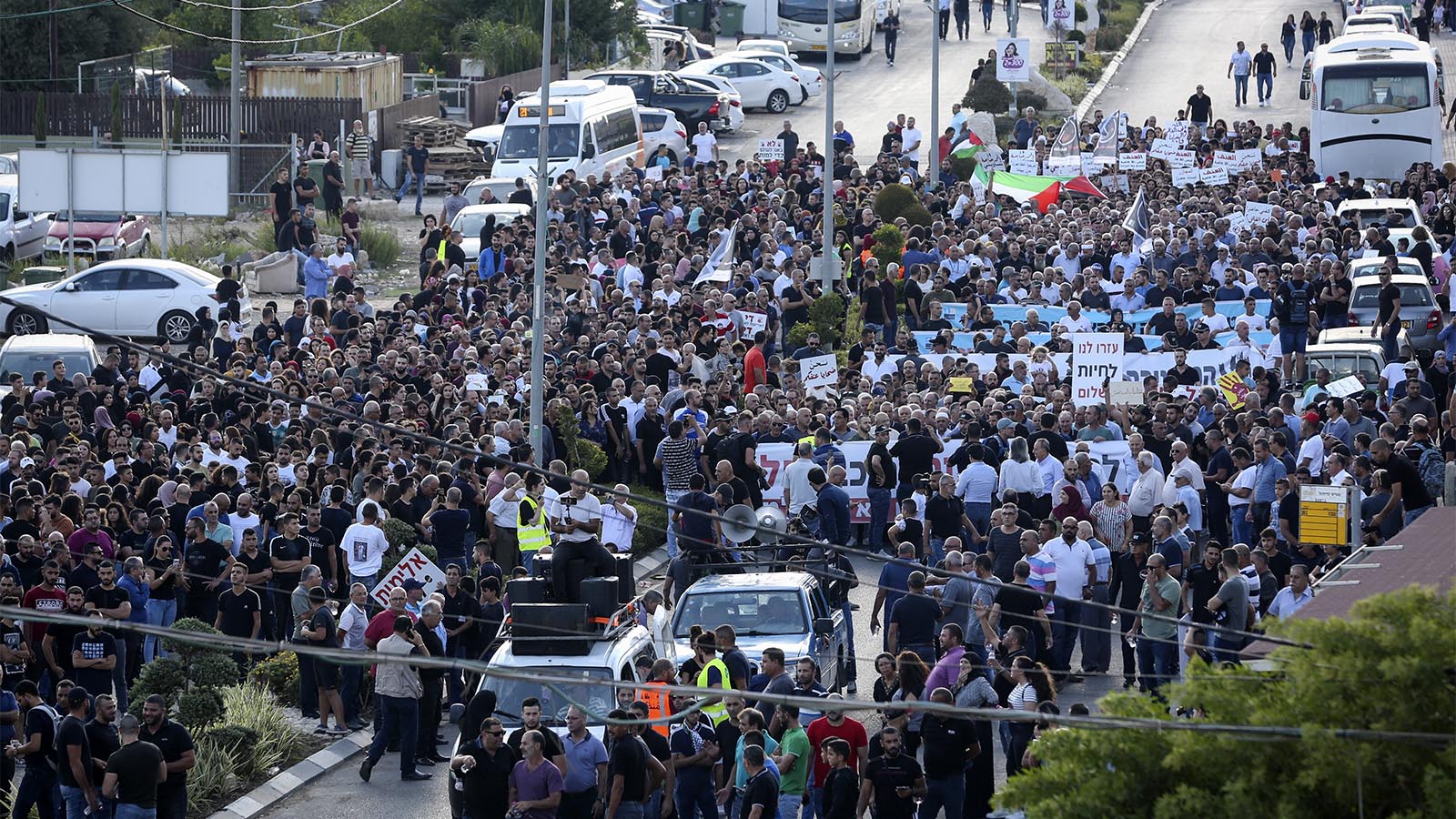
"Our affiliation does not rely on representation in the Knesset, but it is good if they see that there is an Arab presence here. Even if in practice there is no political influence or sway over what is happening, the importance of the Joint List is that it actually proposes a return to the peace process," says Majadele. "It's what all the left and center parties in recent years have ignored. Since Israel has really veered to the right, to come out and say that the occupation exists and other things in the context of a discussion about annexation, even if in practice things don't change – is an important presence, even as a matter of principle."
"We want influence, we want to be in the coalition and to influence things, to be in the opposition is not ideal. We believe in cooperation and equality. There are the List's demands, which are the daily problems of the Arabs, it's not like Netanyahu says, that everything is political," says Zabidat, in a position contrary to that of Majadele. "The correct approach is what’s on the agenda of Arab society – violence, crime, housing and the socioeconomic situation – and only afterwards to raise external and political issues, and the conflict."
"There is no reason to enter into a coalition that will perpetuate the occupation and incitement, for what?" says Majadele firmly. "What is on offer for entering into the coalition? Paving roads? Eradicating crime? That’s backwards. It is actually necessary to create a strong opposition, which is based on leftist and humanitarian values that will act as a counterpoint to that nutcase, certainly not 'If you can't beat them, join them'."
"Ending the occupation and striving for a political settlement, that’s not the political line of Gantz, and certainly not of the Likud – so we can't be in the coalition," Majadele assures. "Which coalition with Bibi will I join, as an Israeli Palestinian? In what world do the Jews expect us to be ‘pragmatic’? The most important problem is the occupation, above all else."
Zabidat also opposes the Joint List joining a coalition with the right, but for different reasons to Majdele: "I don't support joining the Likud. Netanyahu's positions are very clear. His worldview is capitalist, and it's destroying Israeli society. It's important for us as citizens that the situation will be moderate and sane. We can't compromise, the difference between us is very significant and critical – he's against partnership with us."
"I understand fear caused by the statements of a handful of elected MKs," says Majadele, referring to remarks made by members of the Joint List. "But in the coalition, there are Kahanists and Messianists, and there are members of Knesset who are more shocking – and nobody disqualifies them and delegitimizes them, and they continue to be part of the Israeli society. They take [the] part of the Joint List that said inappropriate and out of place things, and turn the whole party into a supporter of terrorism and a terrorist group."
Zabidat is also certain that the right-wing Jewish community is fed by a political campaign, which incites its position, galvanizing opposition to the party by propagating untruthful depictions of its base: "The fears of the Jews stem from false smear campaigns. It hurts to hear the opposition to the Joint List, these are stereotypes, it's fake news."
On the other side, Braham stands behind his support of the right. "In my family, my parents and brothers support me and vote for Likud. I have had some problems in my village, there are still some people who don't say hello to me. But they support Hezbollah, so they shouldn’t say hello to me. I'm not afraid to express my opinion, that's the truth," he said.
"They don't support terror, at all," Kadari is sure. "If they support terror, they harm us Arabs. I understand the fear of some of the Jews, but I never told a Jew, 'put yourself in my shoes.' Here, I have an education, and I couldn't find a job. I'm a Muslim with a head covering, and there are some people that told me to my face that they wouldn’t accept me for the job because of the head covering. On the phone everything is great, but after the meeting they tell me that it isn’t going to work out. I'm not like a Jewish Israeli, and I don't receive all my rights – so a Jew should put himself in my shoes."
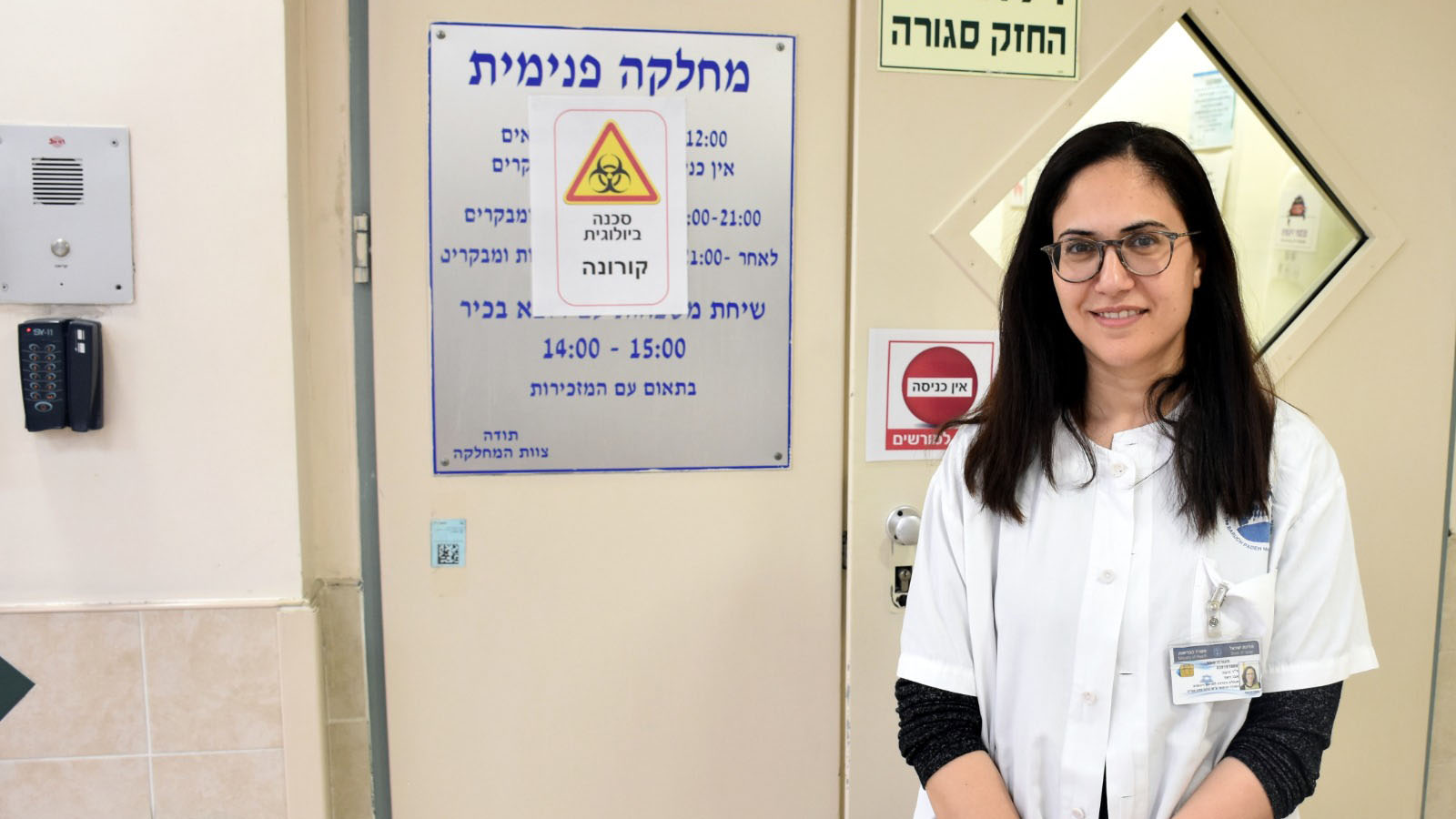
"We are part of Israeli society," Zabidat concludes. "We are in hospitals, in hi-tech, everywhere. These fears are just prejudices. We have something to say, we are everywhere, both in the Israeli labor market and in the Knesset, and maybe also in the government. We can't be disqualified, and we can't be cancelled."






